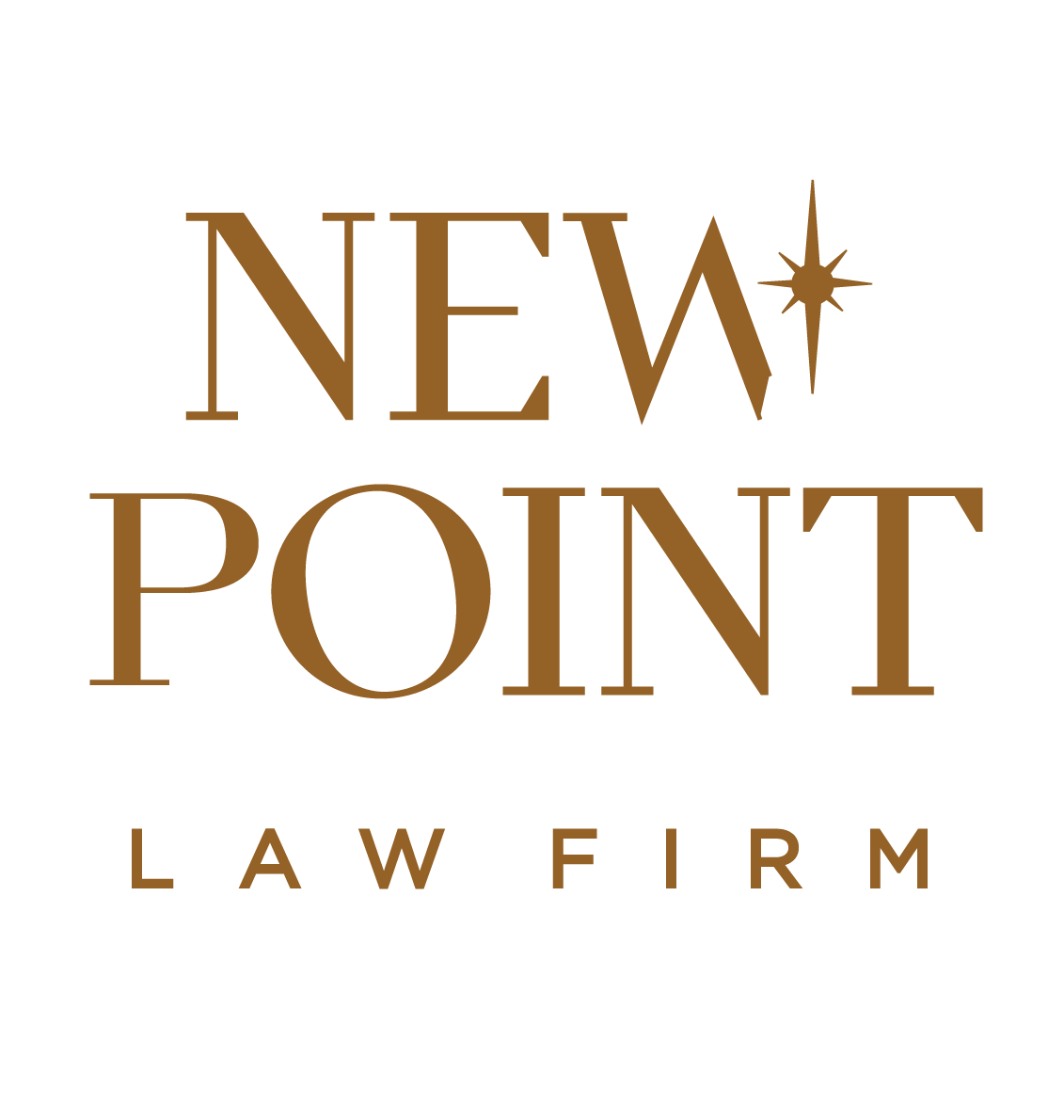Q: What is an estate?
A: Your estate is the total of all property you own or control. Even if you do not own the property in your name, you can possess an ownership interest through a trust, partnership, or joint ownership. Any property or money which becomes available upon death, such as a life insurance payment, is also part of your estate.
Typical portions of an estate include:
- Real estate and buildings.
- Personal property including cash, furniture, vehicles, stocks, art, etc.
- Life insurance and other financial instruments.
- Business interests or partnerships.
- Debts.
- Claims, including personal injury claims.
Q: What is a will?
A: Your will is a legal document that details the organization of your estate upon your death. Wills are enforced in probate court. States have differing legal requirements for the language of wills.
Q: How can I revise my will?
A: Wills remain valid forever, unless a new will is written. You can add a “codicil” to an existing will, to change or add something to it. Codicils must meet the same legal requirements for language as the original will. Generally, a will cannot legally be revised without the use of a codicil.
Q: What is a trust?
A: This is a legal entity which manages an estate or other assets for the benefit of other persons or entities, including corporations. There are many different kinds of trusts.
Q: What is a probate estate?
A: A probate estate is the total of all assets that go through the probate process once their possessor dies. This generally includes all assets in the deceased person’s name and those paid to the estate. It often does not include joint assets, insurance, assets held in trust, or similar assets.
Q: What is the federal estate tax (or death tax)?
A: This is the tax placed on an estate by the federal government. Estates of less than $1.5 million are currently exempt from the estate tax. By 2009, the exemption will rise to $3.5 million. Under current law, the estate tax will not be assessed in 2010, but will be assessed on estates greater than $1 million in 2011.
Q: What is a living trust?
A: Under a living ( or a “revocable inter vivos”) trust, a person transfers ownership of their assets to another entity while alive. The terms of the trust instruct the entity on how to manage the person’s assets before and after death. This allows the person to avoid the probate process, and the possibility of a court-appointed conservatorship upon incapacity.
Q: What is a conservatorship?
A: If you become incapacitated, and a power of attorney has not designated someone to act on your behalf, a court procedure is necessary to assign a legal guardian to you and your estate. The preparation of a power of attorney can avoid the cost and time of a conservatorship process.
Q: Is asset protection legal?
A: Asset protection is legal when it is done legally. You cannot hide your assets or omit income when reporting your taxes. You cannot transfer assets in order to avoid debts. It is important to consult with an attorney when attempting to protect your assets, in order to avoid taking an illegal action.
Q: Do I need an estate attorney when I can write a simple will myself?
A: While it may look simple, the drafting of a will and other estate planning is actually very complex. State laws regarding estate planning change often, and failure to comply can make any changes illegal. An attorney with experience in estate planning can help you to avoid making a costly mistake, and keep you up to date on changes in estate law.
Remember: an improperly prepared will is invalid, and can create court battles and expenses that can eat away at the assets you spent a lifetime assembling. It is much better to safeguard your assets by consulting an attorney before beginning the writing of a will.
New Point Law Firm, plc, is an Iowa general practice law firm with attorneys practicing in the areas including but not limited to:
Administrative Law
Adoption Law
Agricultural Law
Alternative Dispute Resolution
Banking Law
Business Acquisition
Business Franchising
Business Law
Business Mergers
Business Organization
Business Planning
Civil Litigation
Civil Practice
Car Accidents
Commercial Law
Commercial Litigation
Commercial Real Estate
Constitutional Law
Construction and Development
Contracts
Corporate Law
Criminal Defense
Divorce
Elder Law
Employment Law
Employee Benefits
Estate Administration
Estate planning
Family Law
General Practice
Government
Government Contracts
Juvenile Court
Landlord/Tenant
Legal Malpractice
Litigation
Medical Malpractice
Municipal Law
OWI & DUI
Personal Injury
Probate
Product Liability
Professional Liability
Professional Malpractice
Real Estate
Tax Preparation
Taxation Law
Trial Law
Trusts
Venture Capital & Securities
Wills, Trusts, Estate Planning & Probate Law
Worker's Compensation
Wills
Zoning, Planning & Land Use






